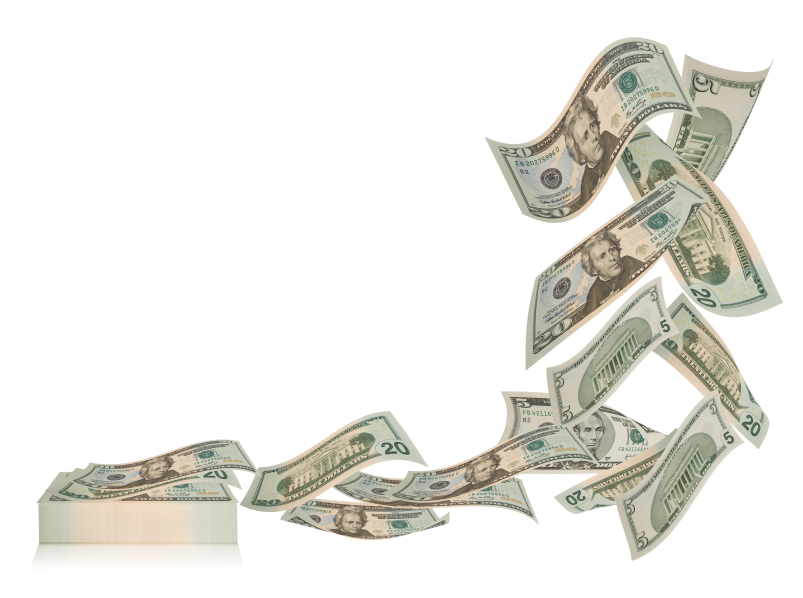We already knew that the quintessential hybrid car, the Toyota Prius, costs a little more to repair than non-hybrid cars.
Now, the news gets worse: Insurance rates for hybrids are going to rise, probably at a faster rate than auto insurance premiums overall, according to Mitchell International's Industry Trends Report.
The culprit is an evolution in the types of buyers for hybrid vehicles, which now represent about 3 percent of U.S. passenger vehicle sales. Ten years ago, only early adopters were willing to make the leap to this radical new kind of car.
Whether motivated by the latest cool new technology or a green conscience--most likely a combination of the two--these early hybrid owners drove conservatively and racked up relatively low rates of accidents and insurance claims. As a result, their premiums were low.

money
Now, though, hybrids have become far more mainstream. The Prius is Toyota's third best-selling car model (after the Camry and Corolla) and its distinctive shape is ubiquitous in many areas of the country.
And hybrid-electric vehicles are now offered not only by pioneers Honda and Toyota, but Ford, Chevrolet, GMC, Cadillac, BMW, Mercedes-Benz, Volkswagen, and Porsche too.
This larger pool of buyers has accidents at a rate closer to that of the driving public at large, meaning premiums will go up to reflect the higher cost of claims.
Add to that higher driving distances logged by hybrid owners who opt to take their highest-mileage car on long trips to save money, and you've got a recipe for cost increases from what the industry delicately calls "higher claim frequencies."
Repair costs are also higher when hybrids are involved in accidents: $182 more on average.
In early years, the small sales volume for hybrids--versus hundreds of thousands of Corollas sold each year--kept the supply of parts from junkyards (now known as "recyclers") low, meaning more parts had to be bought new from the dealer at higher prices.
The Mitchell data supports the idea that aftermarket part use for hybrid repairs is fully one-third lower (8 percent rather than 13 percent). It also notes that labor costs are higher, meaning more hybrid owners have repairs done by their Toyota dealer rather than in third-party repair shops.
There's more bad news too: In California, the 85,000 lucky hybrid owners who got stickers permitting them to drive solo in the High-Occupancy Vehicle lane will see those stickers expire within a year.
If you own a hybrid and want to grumble (or scream) about a sharply higher insurance premium, you can take consolation in one fact: It's the very success of hybrid cars, and their spread across a larger swath of the car-buying public, that made it happen.
Does that help? Nah, we didn't think so.













